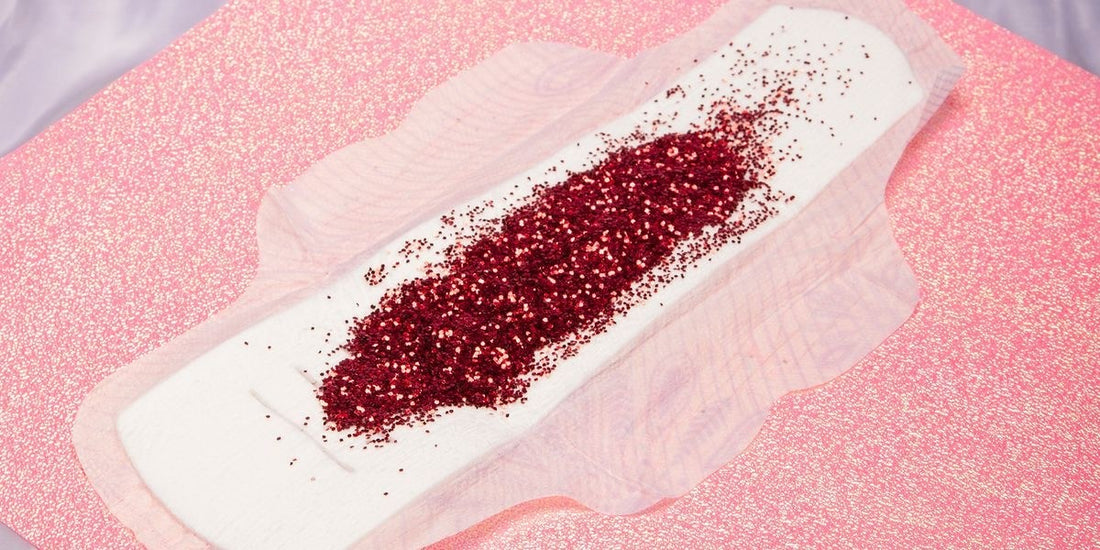Did you know the changing seasons can impact your menstrual cycle? As the temperatures drop and the days get shorter, you might notice some changes in your period. And we're not just talking about the usual PMS symptoms. Winter can influence your menstrual health in some pretty interesting ways. So, let's dive into it and explore how winter affects your cycle and what you can do to stay balanced.
Longer Periods
Research shows that menstrual cycles can be shorter in the summer and longer in the winter. The reduced hormone secretion and less frequent ovulation during the colder months can extend your cycle by about a day. Less sunlight exposure contributes to these hormonal changes, leading to longer periods.
Weakened Immune System
Winter can weaken your immune system, making you more susceptible to colds and viruses. This weakening can also affect the lining of your uterus, part of your immune system, potentially altering your period.
Hormonal Imbalance
Lack of sunlight in winter can slow down your thyroid and endocrine system, affecting your metabolism and menstrual cycle. Lower levels of follicle-stimulating hormone (FSH) during winter can lead to longer cycles and decreased ovulation frequency, contributing to hormonal imbalance.
PMS Symptoms
Premenstrual symptoms often worsen during winter. Spending less time outdoors reduces your vitamin D intake, affecting your mood and calcium levels, both of which play roles in triggering PMS. Additionally, less physical activity and increased food intake during winter can exacerbate PMS symptoms.
Period Pain
Cold weather can make periods more painful. Blood vessels compress in the cold, interfering with blood flow and increasing period pain. This constriction can make cramps more intense during the winter months.
How to Alleviate Winter Period Symptoms:
Managing winter period symptoms can be challenging, but there are ways to find relief.
Warmth: Use a hot bean bag or take warm baths to help dilate blood vessels and reduce pain.
Stay Active: Despite the cold, maintaining an exercise routine can help alleviate symptoms. Even short walks outside can make a difference.
Healthy Diet: Avoid processed foods and focus on a diet rich in B6 and magnesium. Drink plenty of water to stay hydrated and reduce cramps.
Sunlight Exposure: Get as much sunlight as possible to boost your vitamin D levels, improving your mood and overall health.
Supplements: Consider taking vitamin D, magnesium, and B6 supplements to support hormone balance and reduce PMS symptoms. Omega-3 fatty acids can also help alleviate inflammation and period pain. Shop our curated range of supplements here.
Everyone responds differently to seasonal changes, so it's important to find what works best for you. If you experience persistent or severe symptoms, consult your healthcare provider for personalised advice and support.

